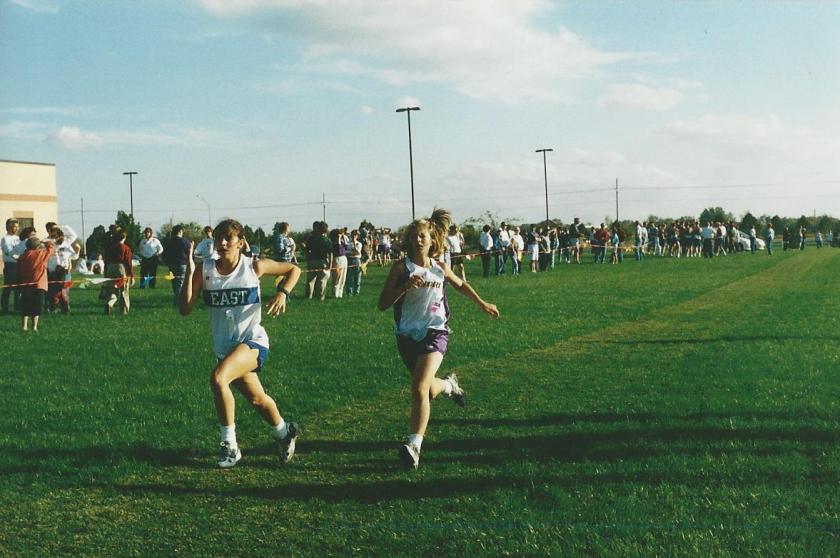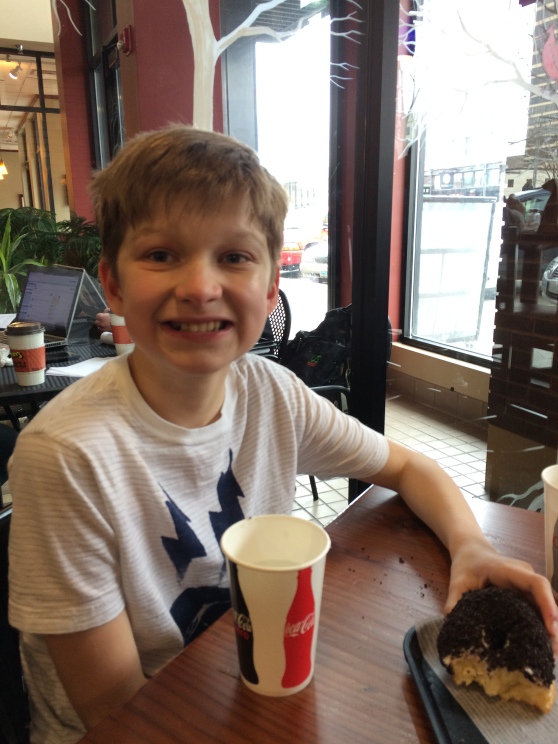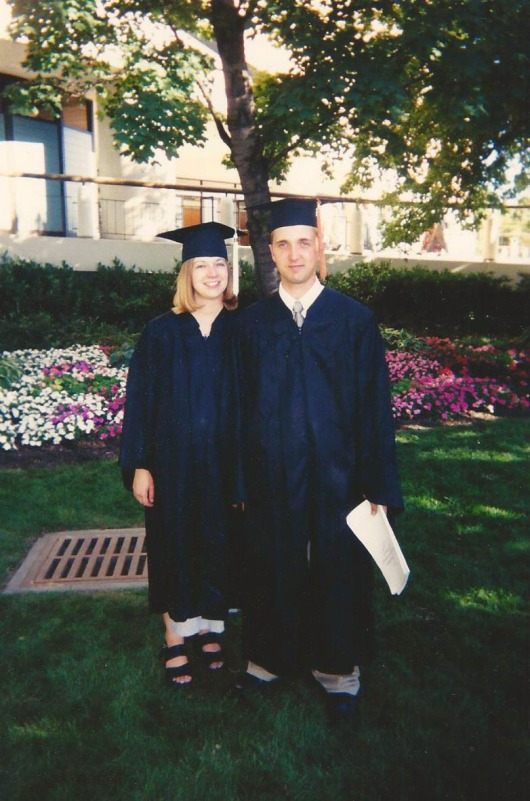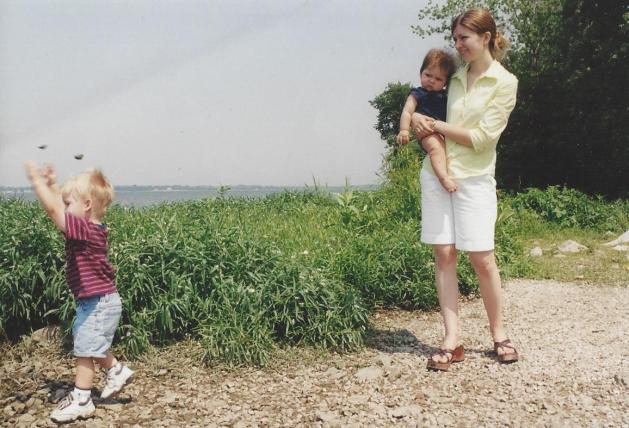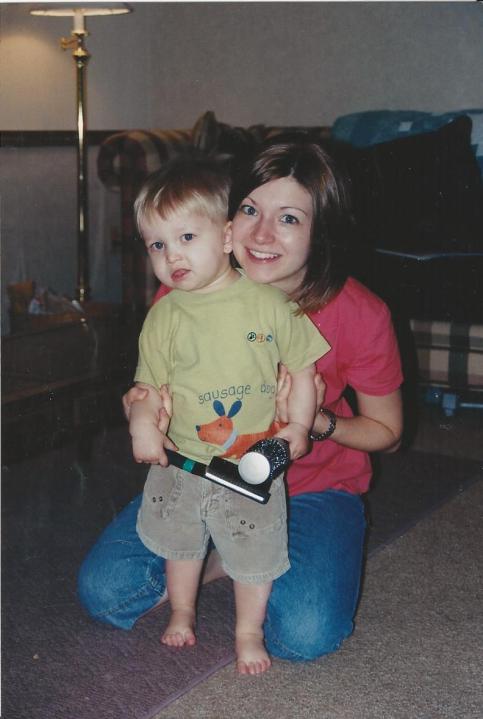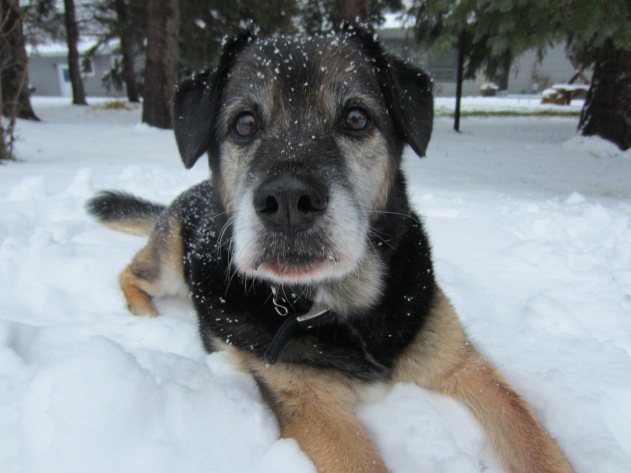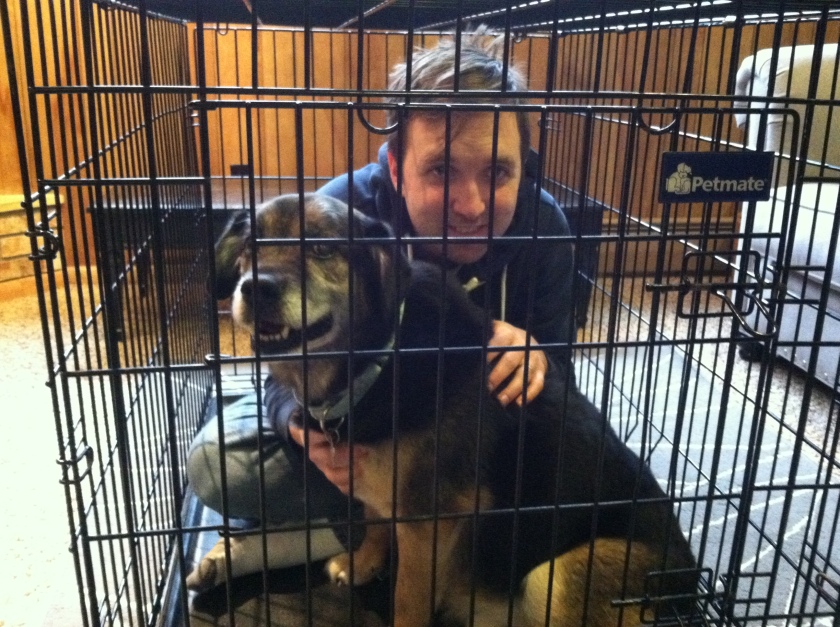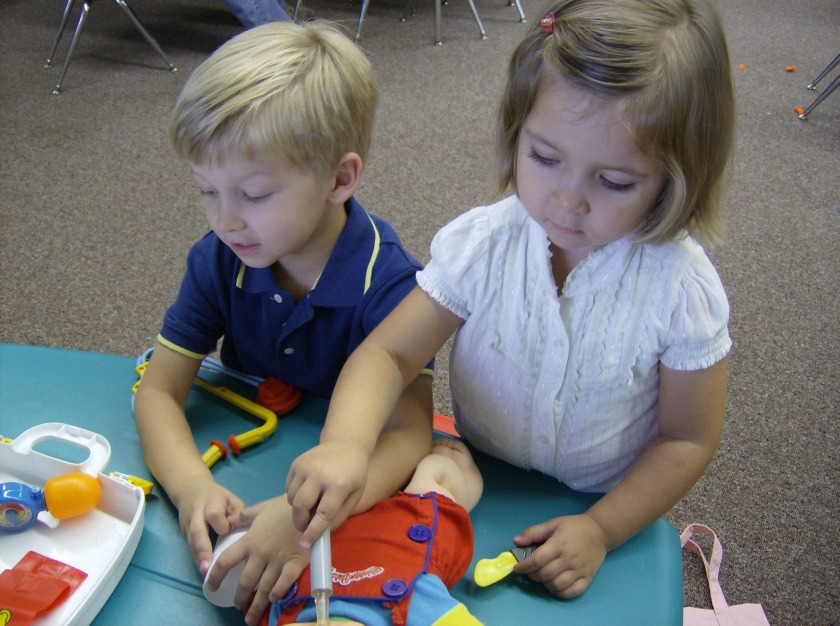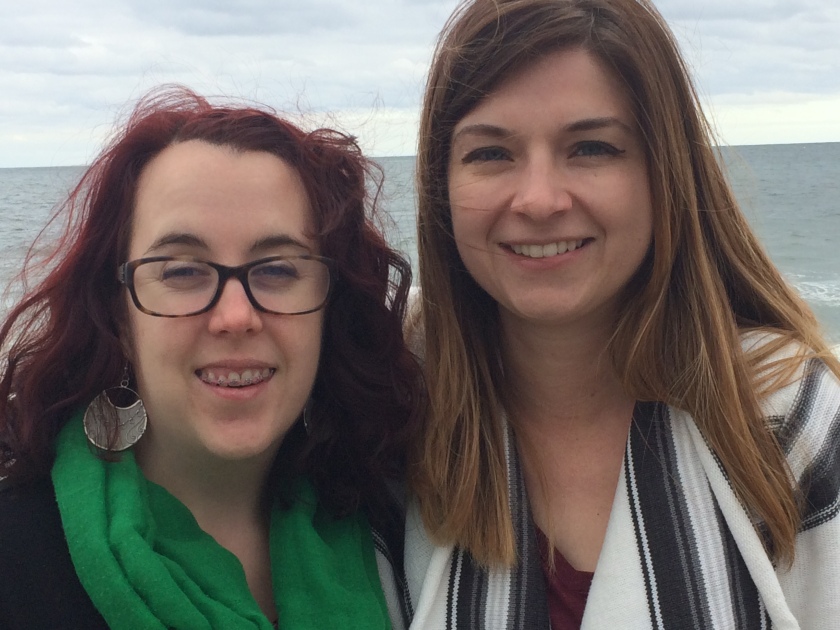Two weeks ago J and W were in the middle of DSW, patiently waiting for me to decide between five different variations of the same white sneaker.
I walked down the aisle going back and forth between the shoes on display, while the kids dragged their feet behind me.
“It’s lunchtime mom, I’m hungry,” said J. It was actually way past lunch time. It was 2 in the afternoon. I knew he was anxious, but I knew I still had probably 15-20 minutes until we were in the pre-meltdown zone. The kids had a snack before we left, which was how we gotten to this point, but J has ideas about lunch and what it should look like—a steaming hot blue box of Kraft macaroni and cheese in a bowl with Parmesan cheese on top. I didn’t have this flexibility to push lunch until 2 pm two or three years ago. Two or three years ago, lunch time was at 11:40, no matter where you were. The world stopped at 11:40, and if you didn’t have that mac n cheese in front of J, you’d have an epic meltdown.
“Why don’t you just choose one?” W asked, clearly done with the whole ordeal. But I couldn’t, because I’m the type of person that takes forever to make a decision. Having five options doesn’t help the situation at all.
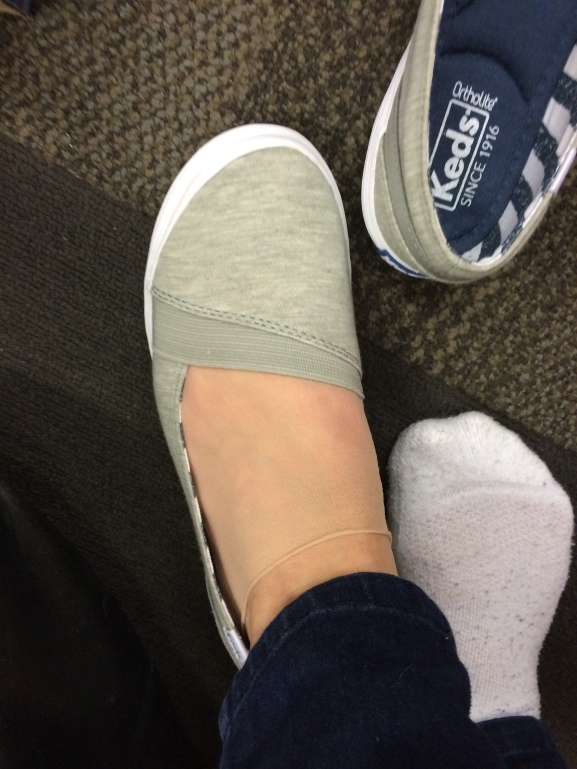
The store was packed. It was a holiday weekend. Holiday weekends in Fargo mean Canadians come down to shop too. Mix that up with all the moms who take their kids shopping because they have to entertain their kids on a day off, and shopping can be a nightmare. My kids weren’t the only ones having a miserable time.
J had resigned himself to sitting on one of those little stools—the ones with the slanted mirrors designed to let you look at your feet—and W had convinced me to let her have the phone (when I got home, I discovered that there was a photo booth’s worth of selfies on my phone).
Then, four or five aisles down—close to the men’s section, we hear this really loud, obnoxious, snappy, “Mom, Mo-om, MOM!”
I didn’t look over to see who was yelling for mom—but it sounded like a teenage girl. At first, it sounded like a rude teenage girl, trying to boss around her mom, but as she kept calling for “mom” it seemed her behavior could be because of other things. It was as if she didn’t realize she was being that loud. Maybe she had autism, Down’s syndrome, or some other developmental delay. Maybe she was just a rude teen. It didn’t matter. Both mom and daughter seemed to be having a hard moment. It happens to the best of us.
My kids didn’t flinch. J was kicking the stool absent mindedly, W was zombied-out with my phone. But there were two other ladies, in their forties, in the aisle with me, and it bothered them. But they didn’t go over to help the girl. They just started to giggle and then squawked, “Mom, Mo-om, MOM!” to each other.
I hate to admit this, but I didn’t do anything. I wanted to say something to those ladies but I didn’t. J laughs at things when he isn’t comfortable, so I get it. But these women were older. And I’m guessing more socially savvy than my autistic son. After a minute or two, we didn’t hear anything from the teenage girl a few aisles down. My kids were at their breaking point with the shopping trip, and I decided to leave before we had a loud outburst of our own. I still hadn’t made a decision on shoes.
On the car ride home I had a million questions (and lots of guilt) running through my head. What should I have done? Do you say something to women just a few years older than you when they’re being inappropriate? I know there are social rules about correcting someone older then you. Do you say something when it’s not your kid or your business? Maybe I was making the whole thing up, my reasons for the teen’s behavior, maybe it was just a really rude girl talking to her mother. But still, squawking and laughing is inappropriate. I’m guessing “MOM!” was having a hard time no matter what the circumstances were. I should have said something. When J was in the full fledge autism toddler stage, always in a tantrum puddle on the floor in some public place, and the rude older ladies would inform me of all the wrong things I was doing as a parent, all I wanted was someone to say something. I wished someone would have stuck up for me.
This first week of April ushers in Autism Awareness month, and with Autism Awareness month comes all sorts of things. The lists of autism symptoms, the statistics, and autism stories will be all over the internet. You may see buildings downtown “lighting it up blue” to show support and awareness. Yes, it’s important to be aware of autism, its symptoms, especially if your child or a child you know seems to be on the spectrum. Yes it’s important to know about autism so that you can interact with and help those on the spectrum. Those things do help. But as a mother of an autistic child, the thing I’d love the most would be an increase in kindness. You don’t have to know anything about autism in order to be kind.
We’ve had a blue light on our porch since mid-February, not for autism, but because people around us in our community have been struggling for very different reasons. The whole city of Fargo has had a blue light porch vigil to show support for an officer shot and killed in the line of duty. The community wanted to show support for his family and his fellow officers. People wanted to help. It’s now April and the blue lights are still sprinkled everywhere around the city. It’s been absolutely amazing to see the ways people of have reached out with kindness in ways beyond the blue lights.
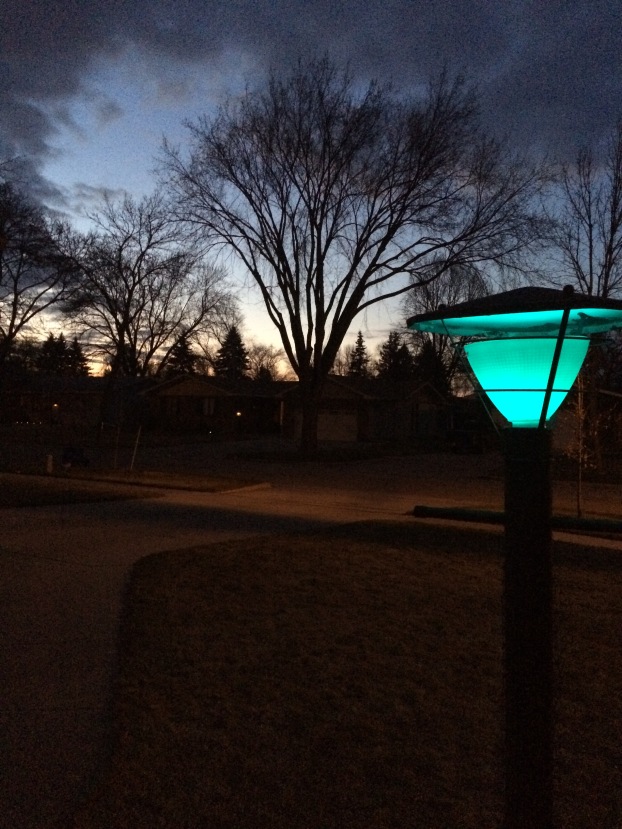
Blue lights. Blue lights for officers and blue lights for autism. Two very different reasons. Blue lights for me now are a reminder that we need to be kind, gentle, and supportive. People hurt at different times for different reasons. It reminds me how fragile we humans really are. We need to be there for each other.
We don’t need rude laughter, we don’t need squawking. No matter what the nature of the hard thing is we’re going through.
I’ll never know that mom and daughter’s story. It doesn’t matter. I don’t have to. It’s not my place to judge or make assumptions. Next time I have a DSW moment though, I think I know what I’ll say. Next time I’ll open my mouth and say, “let’s be kind.”
At least, that’s, what I hope, I’ll have the courage to say.
